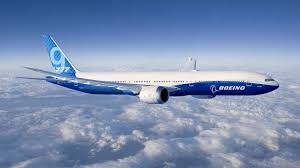Affected airlines can expect compensation in kind from Boeing, in the form of bigger discounts and better deals on other services. The same cannot be said of Boeing’s suppliers. It has relentlessly squeezed their profit margins in recent years in search of efficiency. Many have invested in extra capacity to supply parts for 57 max planes a month, Boeing’s original production target for this year. Instead, Boeing cut monthly output back from 52 to 42.

Spirit AeroSystems, which gets around half its revenues from supplying fuselages for the 737 max, saw margins slip and is cutting overtime and putting workers on unpaid leave to cut costs after “disruption in a complex production system”, says its boss, Tom Gentile. It has lost 28% of its market capitalisation, or around $3bn, since March. Allegheny Technologies, which makes composite materials used in the aircraft, has been similarly clobbered. General Electric, America’s troubled engineering giant which supplies max engines in a joint venture with Safran, a French aerospace company, faces a bigger bill. It is paid only when planes are delivered. It estimates that its cashflow could be reduced by as much $1.4bn in 2019, adding to its woes. Safran’s results for the first half of 2019, due on September 5th, will be pored over for signs of trouble.
译文由可可原创,仅供学习交流使用,未经许可请勿转载。












